Earth and Environment
Explore Earth and Environment

Dr Rok Kostanjšek | Revealing the Olm Salamander’s Secrets to Advance Biomedical Research
The genetic secrets to extraordinary longevity, superhero-like healing and regeneration, and resistance to feeding disorders could be found hidden within the Earth. In underground caves in Dinaric Karst along the Adriatic Sea in the Western Balkans lives a cave salamander, the olm, whose remarkable adaptations mean its genome holds great promise for biomedical research. Dr Rok Kostanjšek and an international team of scientists at the Proteus Genome Research Consortium are tackling the challenge of sequencing the huge olm genome, to provide the basis for studying its unique genetic characteristics.
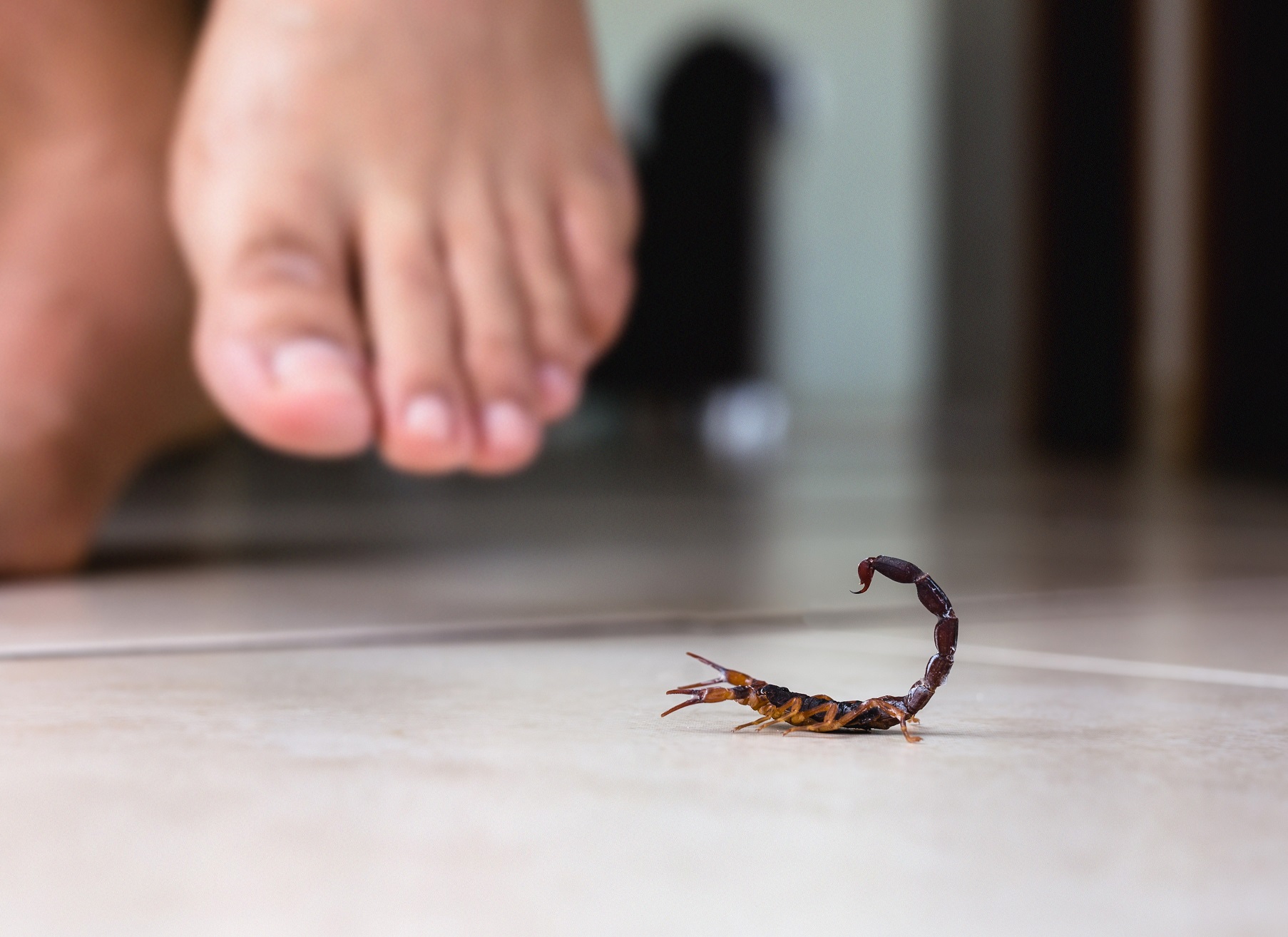
Dr Daniel Suiter – Dr Brian Forschler | Identifying and Preventing Arthropod Encounters in South-eastern USA Homes
Arthropods – a group of invertebrates that includes insects, spiders, centipedes and woodlice – are everywhere, and have inhabited this planet for millions of years. They are found in most habitats on Earth – including our gardens and homes. It is in these built environments that a small number are considered a nuisance when sharing our ‘sacred space’. An even smaller number damage buildings or belongings, eat our food – even feed on us – so we label them… pests! Successful management of pest populations requires an understanding of their specific lifestyles and their requirements for food, water, shelter, breeding sites, and favourable temperatures. A team of entomologists at the University of Georgia recently published a guidebook of more than 100 arthropods found in and around homes in the South-eastern USA.
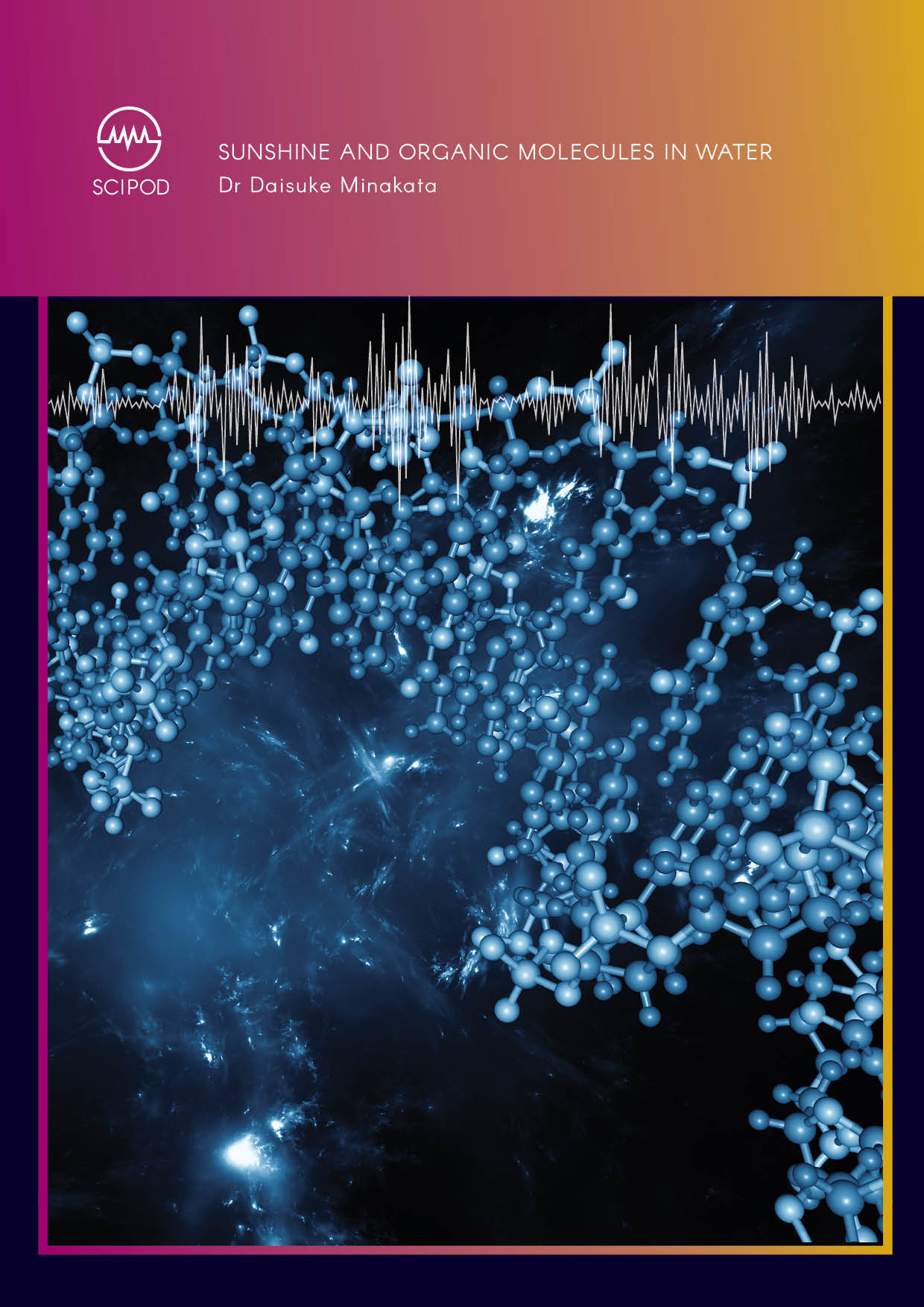
Dr Daisuke Minakata | Sunshine and Organic Molecules in Water
Organic molecules dissolved in rivers, lakes, seas and oceans are essential to plant and animal life. Some of these molecules are also degraded and enter a complex cycle of carbon, nitrogen and sulphur containing compounds. Surprisingly, scientists currently have a limited understanding of the fate of these molecules. Dr Daisuke Minakata and his colleagues from Michigan Technological University are involved in an ambitious programme to overcome this critical knowledge gap.
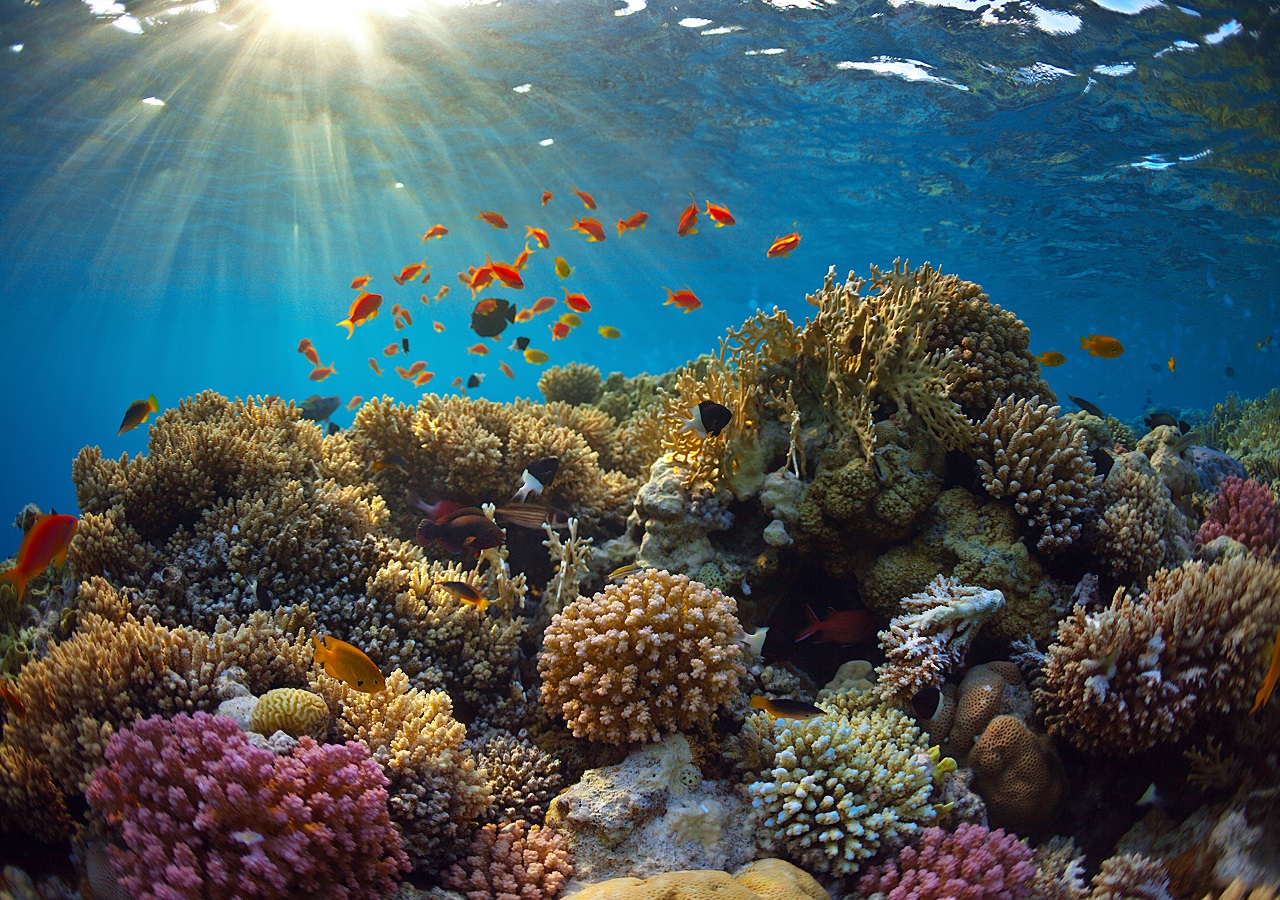
Dr Talicia Pillay | Machine Learning Meets Marine Conservation
Our planet’s oceans are undergoing significant challenges. Overfishing, pollution, habitat destruction, and the effects of climate change are devastating some of the world’s most spectacular and diverse habitats. To inform conservation efforts for fragile marine ecosystems, we need to properly characterise the habitats and sea-life in shallow water areas. Collecting data underwater poses its own unique challenges though, so Dr Talicia Pillay and her team at Nelson Mandela University in South Africa focus on developing powerful remote sensing and computing technologies to aid ocean research.
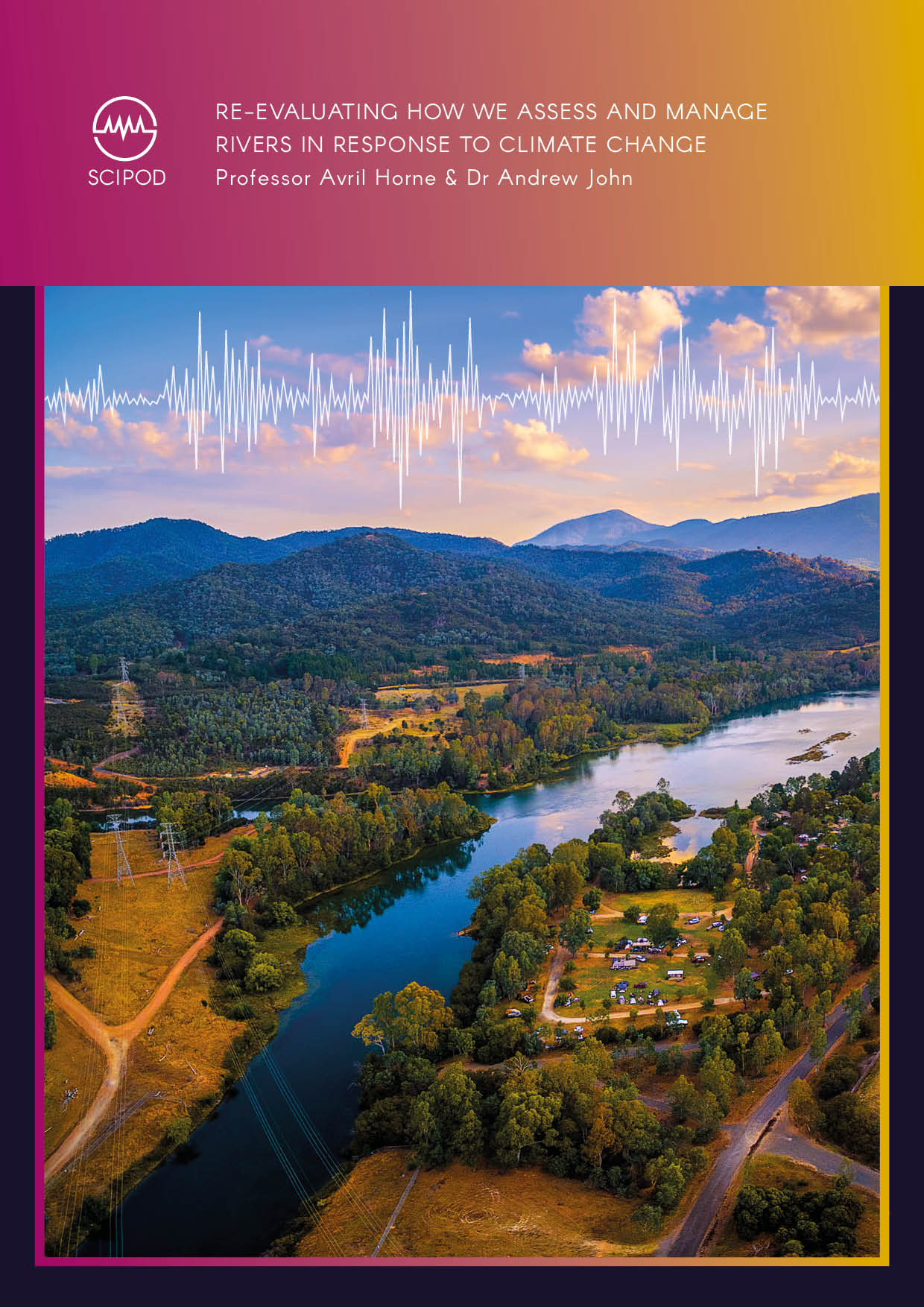
Professor Avril Horne – Dr Andrew John | Re-evaluating How We Assess and Manage Rivers in Response to Climate Change
Understanding and successfully managing river flows is vital for sustaining human communities, the river environment, and its ecosystems. However, the methods currently used to assess river flow needs are limited in the face of increasing pressures from an uncertain and changing climate. Academics at the University of Melbourne are rethinking the approach to these assessments. This includes work by Professor Avril Horne, Dr Andrew John and their collaborators to present a more integrated and holistic method, which provides much-needed room for learning over time, and to understand the vulnerability, robustness, and adaptability of river flow regimes.
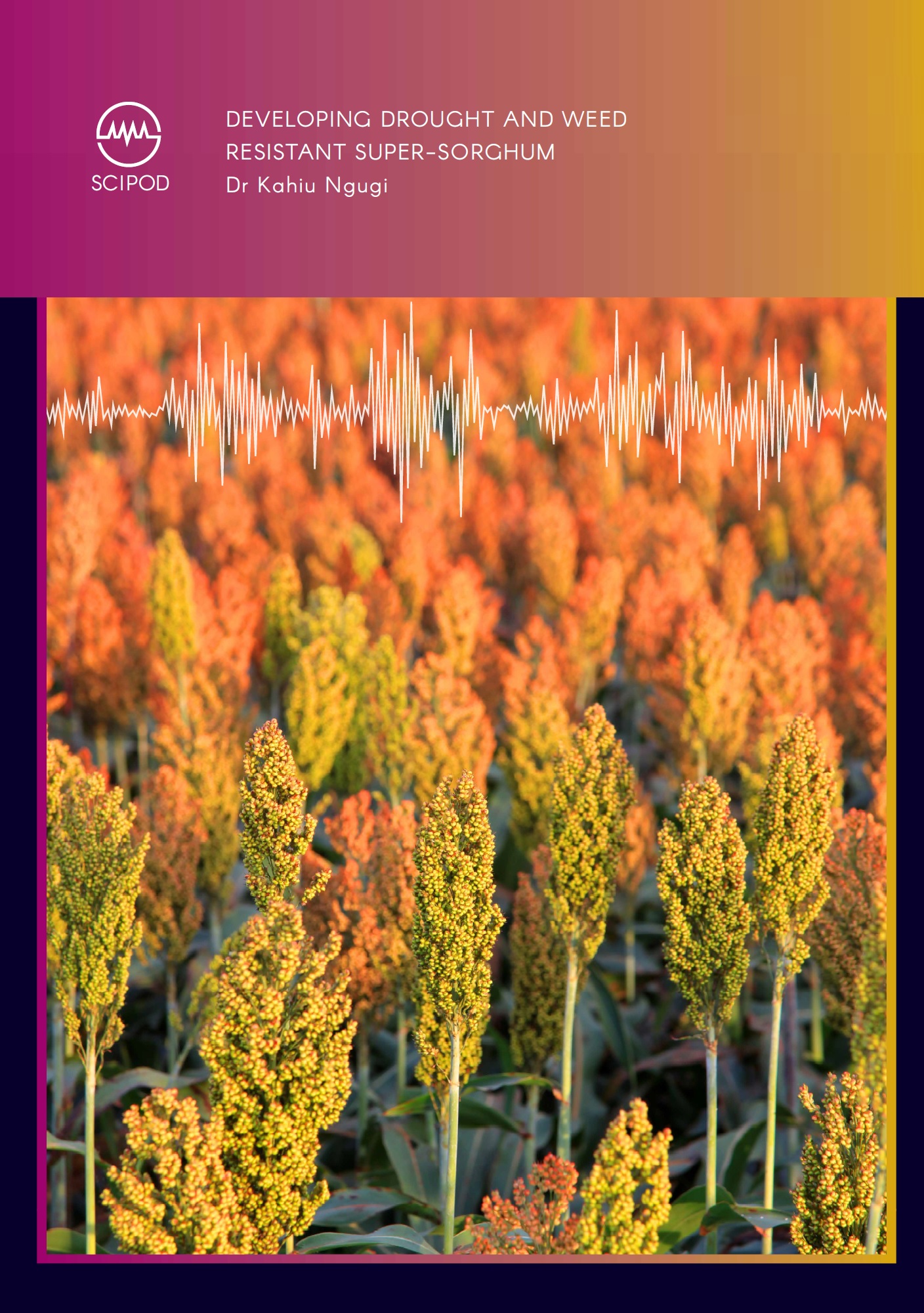
Dr Kahiu Ngugi | Developing Drought and Weed Resistant Super-Sorghum
Future food security is one of the key global challenges facing society. Climate change presents significant threats to our ability to produce staple food crops – particularly in regions already vulnerable to droughts. Dr Kahiu Ngugi and his research team from the University of Nairobi and other institutions in Kenya investigated numerous varieties of sorghum – one of the world’s most important cereal crops. Their aim was to find new genes that would allow the crop to withstand both drought and a common parasitic weed.
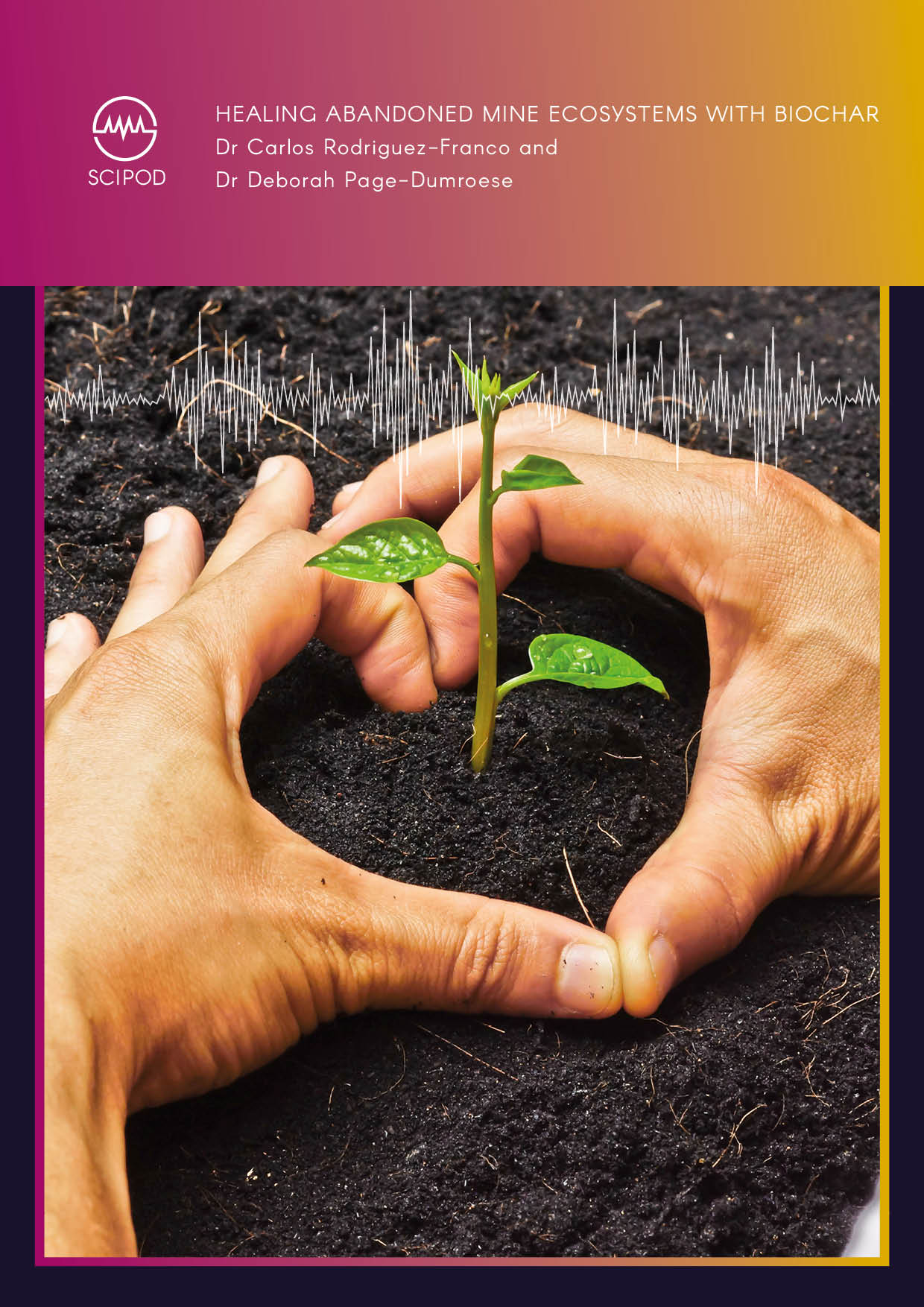
Dr Carlos Rodriguez-Franco | Dr Deborah Page-Dumroese – Healing Abandoned Mine Ecosystems with Biochar
The Gold Rush of the 1800s is inextricably tied to USA history. Mining towns popped up wherever precious metals could be extracted, with many of these towns and mines now lying abandoned as ghostly reminders of the old wild west. Abandoned mine land poses a threat to environmental and human health, and methods to rehabilitate this land has gathered much interest over the past few years. Dr Carlos Rodriguez-Franco and Dr Deborah Page-Dumroese from the US Department of Agriculture have been evaluating the use of biochar as a sustainable method to remediate abandoned mine lands.
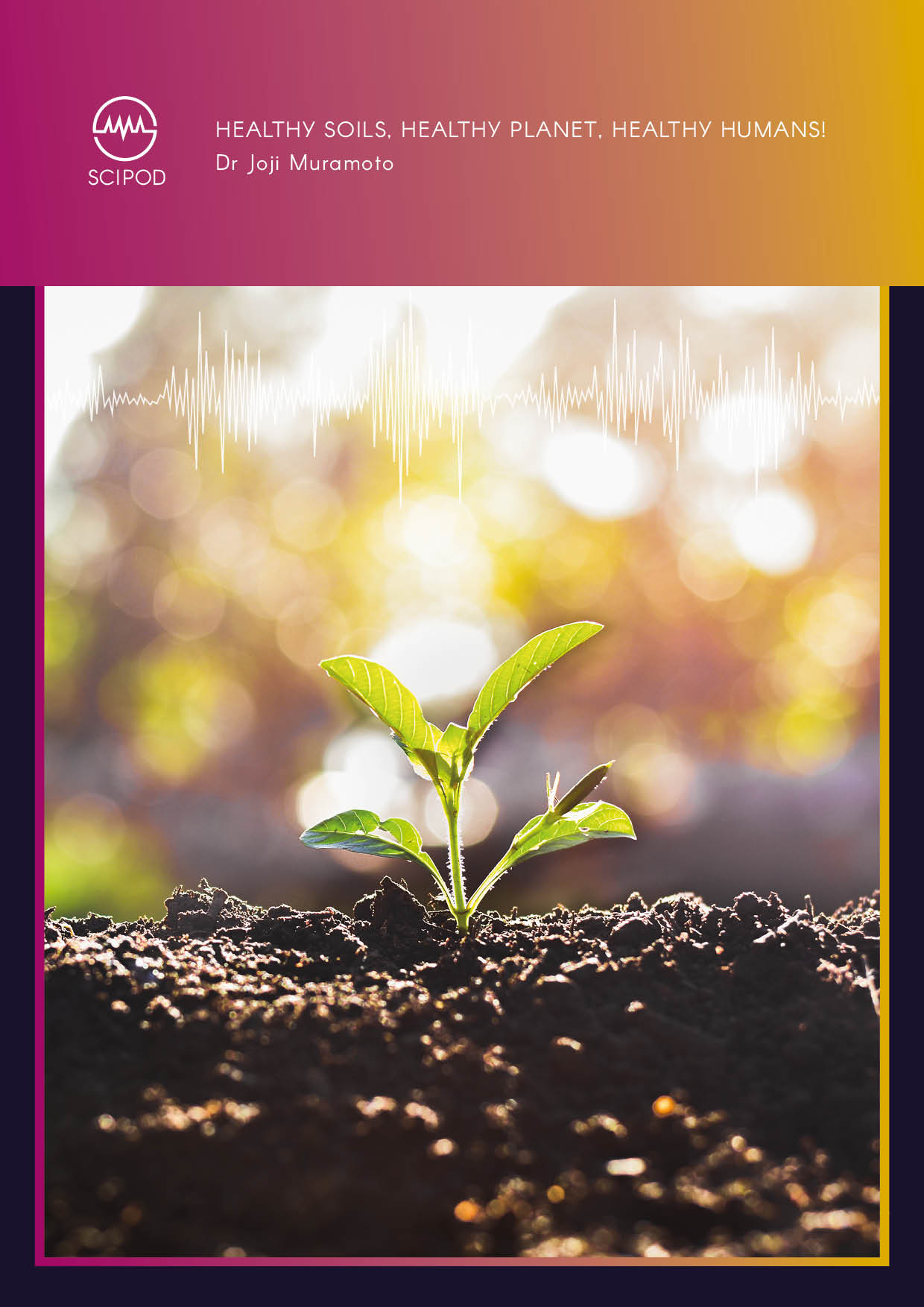
Dr Joji Muramoto | Healthy Soils, Healthy Planet, Healthy Humans!
The earth beneath our feet is far more than just dirt. Soil is a living ecosystem filled with microbes, worms and insects, and vast networks of underground fungi filaments. Healthy soils are critical to healthy ecosystems and productive agricultural systems. Dr Joji Muramoto and researchers from the University of California have created a framework for Integrated Soil Health Management that could help suppress plant diseases without the use of harmful chemicals.
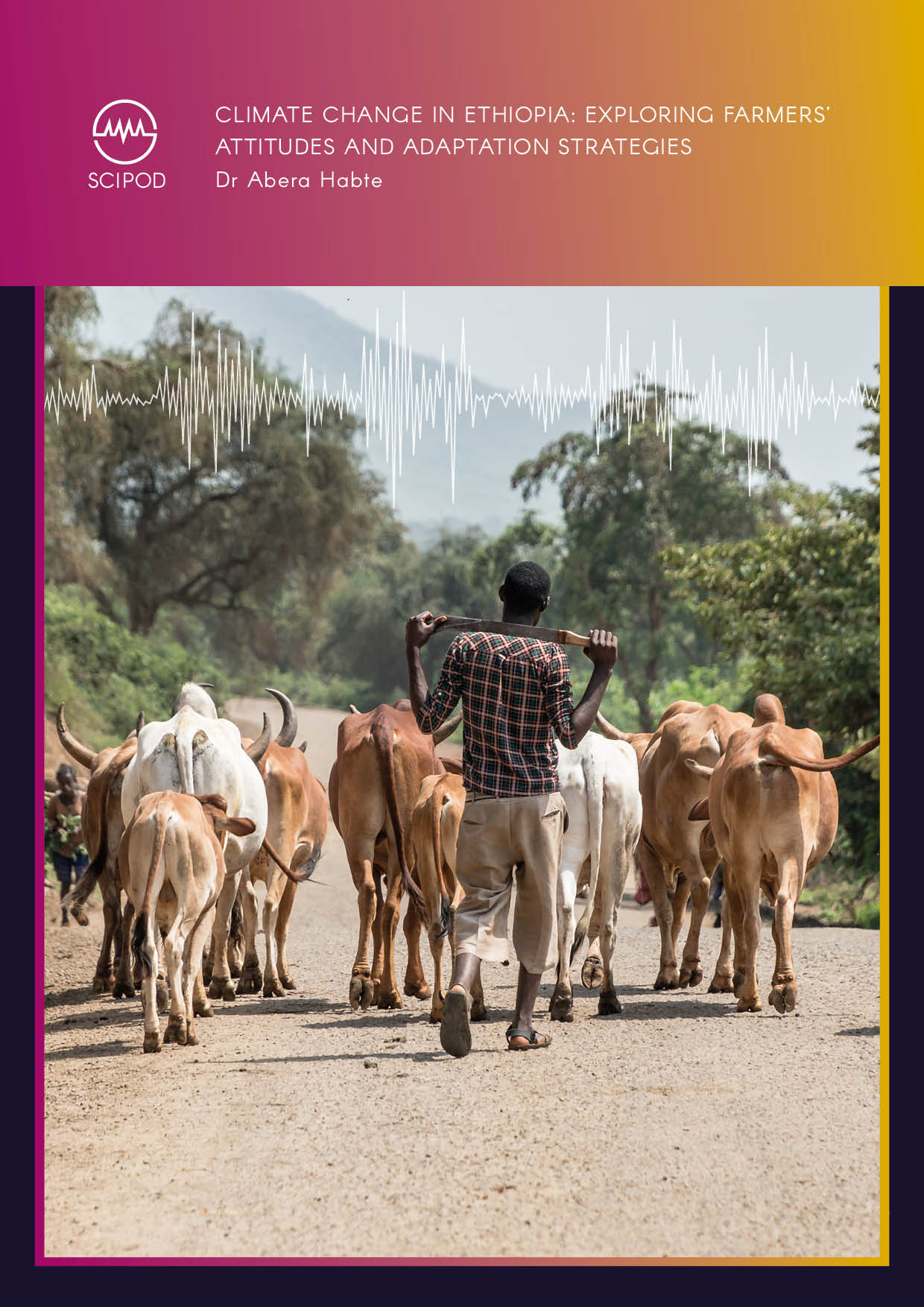
Dr Abera Habte et al. | Climate Change in Ethiopia: Exploring Farmers’ Attitudes and Adaptation Strategies
Around the world, climate change is impacting the availability of food and water, affecting people’s health and livelihoods. Unfortunately, these damaging effects are more pronounced in developing countries. In a recent study, Dr Abera Habte of Wolaita Sodo University and his collaborators investigated the impacts of climate change in Southwestern Ethiopia. His team incorporated the perceptions and knowledge of local farmers into their analysis, in order to develop more effective climate adaptation strategies.
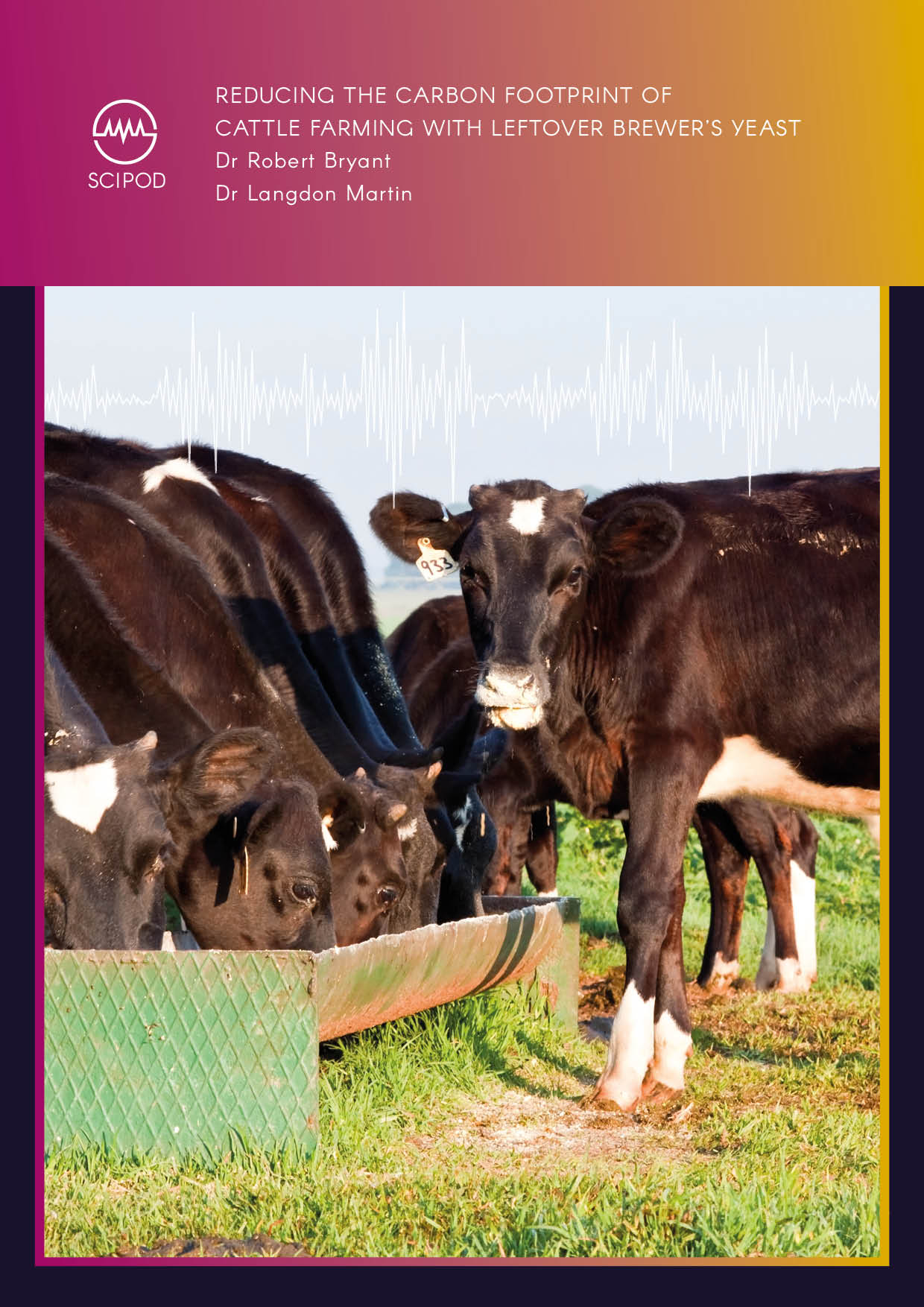
Dr Robert Bryant – Dr Langdon Martin | Reducing the Carbon Footprint of Cattle Farming with Leftover Brewer’s Yeast
Methane is one of the most potent greenhouse gases that contributes to the global climate crisis. As this gas is produced in the digestive systems of cattle, methane represents one of the greatest problems faced by the farming industry. Dr Robert Bryant, Dr Langdon Martin and their team at Warren Wilson College, North Carolina, propose an innovative feed supplement for cattle that helps to significantly reduce methane emissions: waste yeast from craft breweries. If used on a large scale, this new supplement could significantly decrease emissions associated with cattle farming, while also creating a new use for a waste product of the craft beer industry.
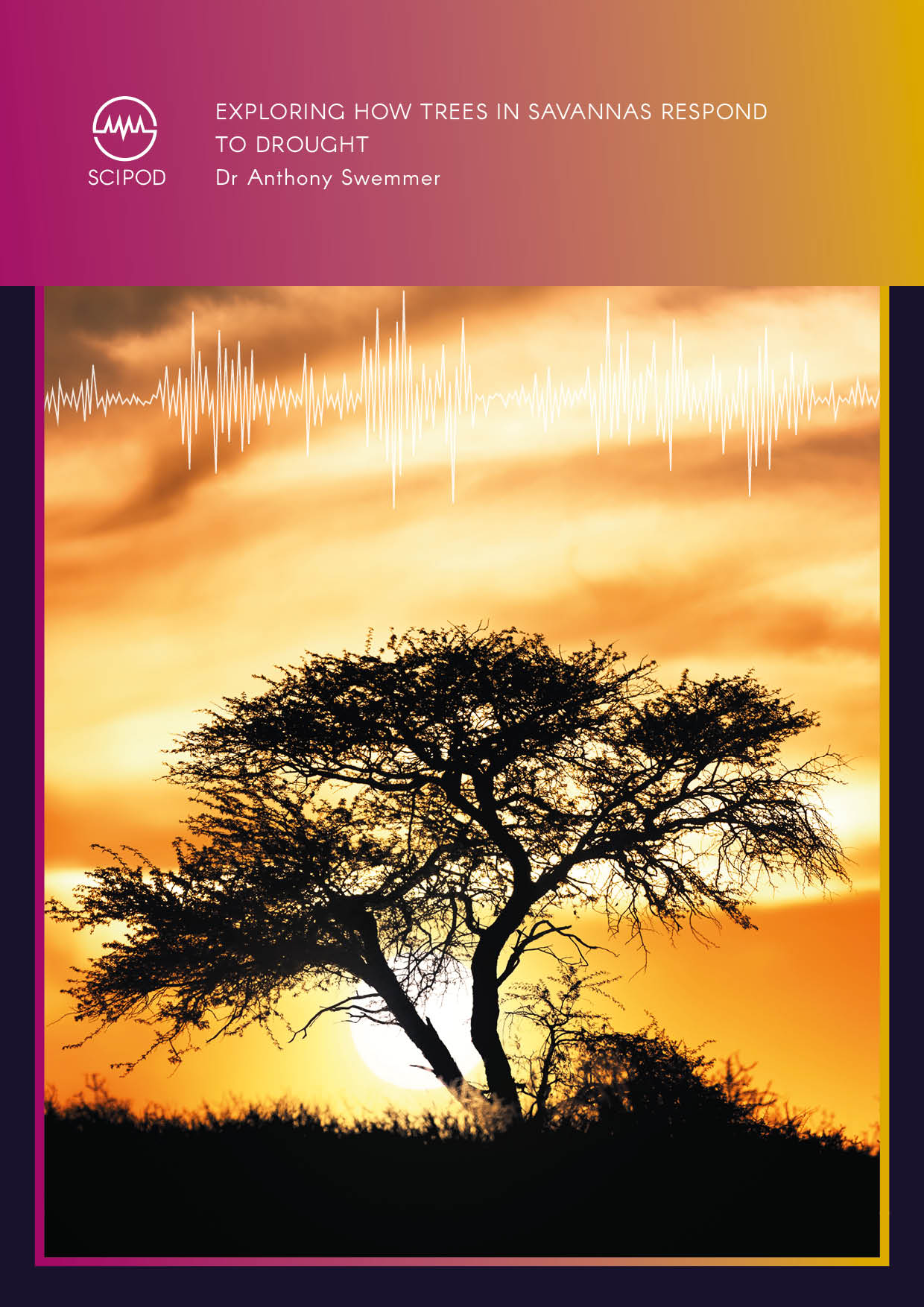
Dr Anthony Swemmer – Exploring How Trees in Savannas Respond to Drought
Savannas are characterised by the co-existence of two very different types of plants – trees and grasses. They may be open, with large swathes of grass and an occasional tree dotting the landscape, or closed with a near complete cover of trees and a sparse grass layer beneath. In drier parts of the world, drought may play an important role in determining the balance between the trees and grasses in savannas. Extreme droughts, which are likely to become more common with climate change, could permanently shift a closed savanna to an open one. Such changes would have significant consequences for the functioning of these ecosystems and the animals they support. Dr Anthony Swemmer of the South African Environmental Observation Network explored the impact of an unusually severe drought on trees in South Africa. His team’s research shows that the response of trees to drought depends on a suite of local factors.
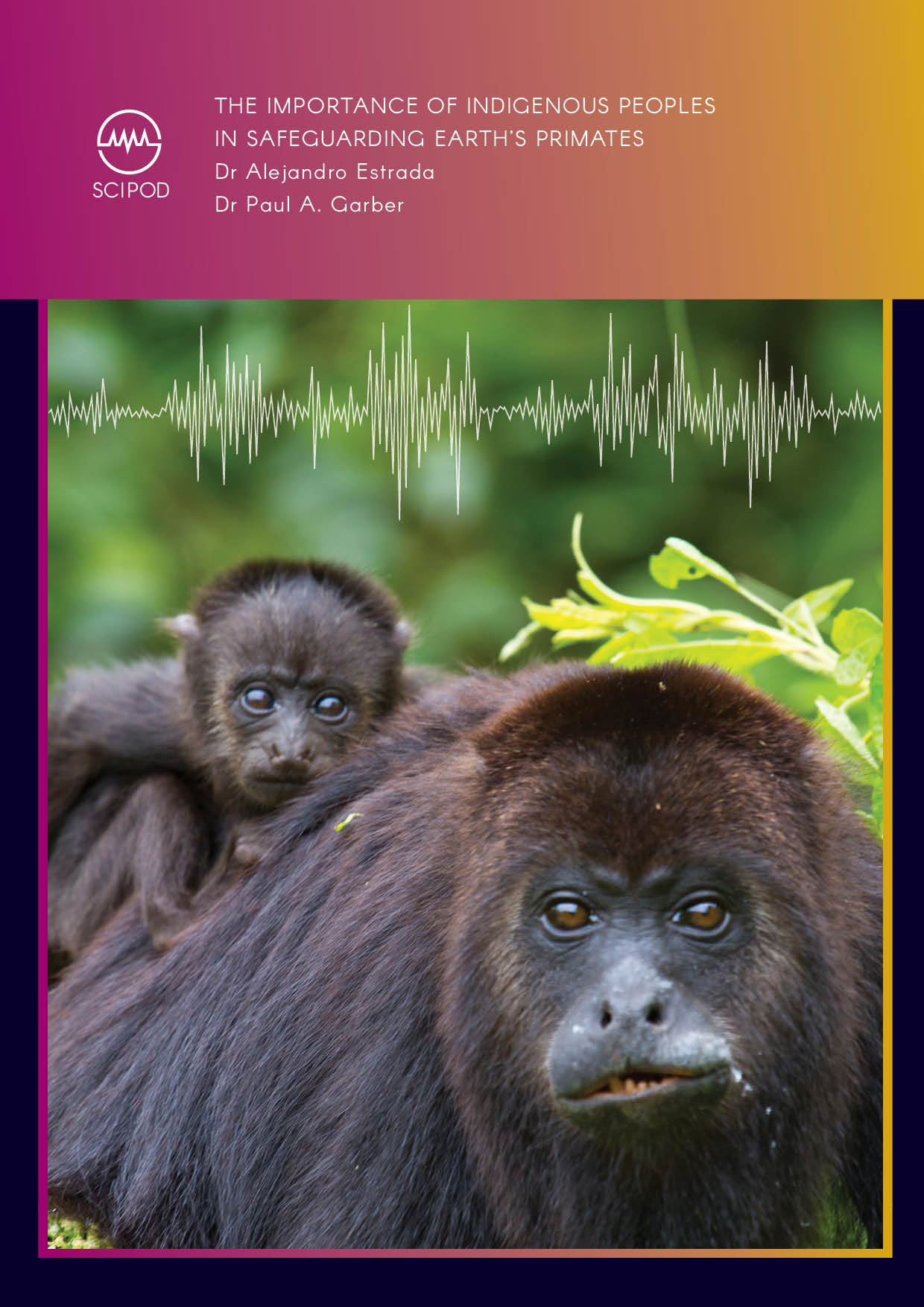
Dr Alejandro Estrada and Dr Paul A. Garber | The Importance of Indigenous Peoples in Safeguarding Earth’s Primates
Non-human primates play crucial roles in sustaining natural ecosystems worldwide. However, approximately 68% of primate species are now at risk of extinction, mainly due to agriculture and the depletion of natural resources. Dr Alejandro Estrada at the National Autonomous University of Mexico, Dr Paul A. Garber at the University of Illinois-Urbana, and a group of scientists from various parts of the world recently carried out a study to better understand the role that Indigenous Peoples play in the conservation of threatened primates.
Increase The Impact Of Your Research!
Explore partnership opportunities
Unwind without the hassle. Enjoy fresh audiobooks, delivered free!
